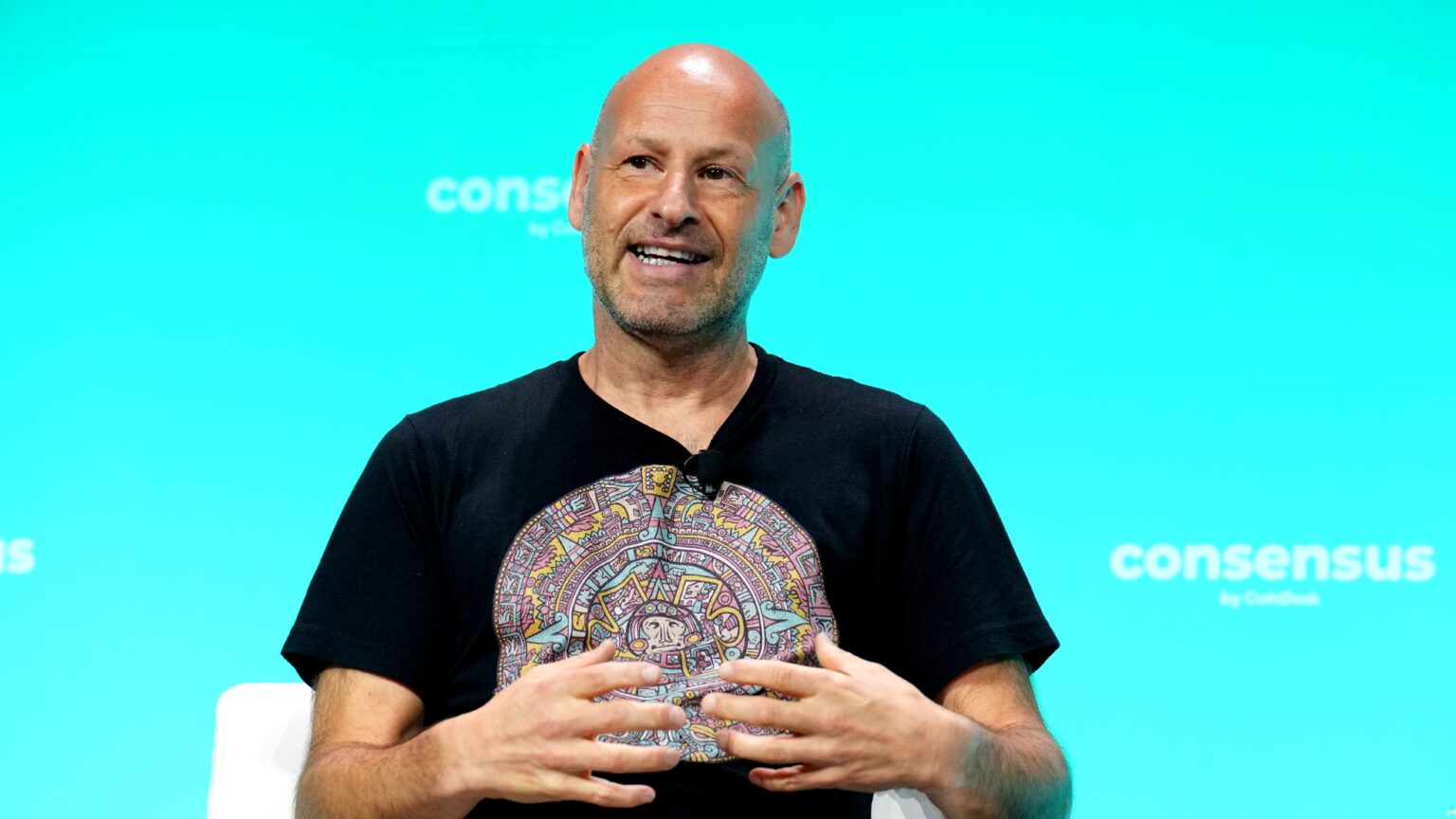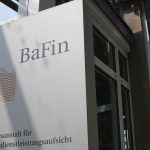Linea, an Ethereum layer-2 network incubated by Consensys, has unveiled a comprehensive suite of upgrades designed to embed the network deeper into the layer 1’s economic and ideological fabric.
Linea’s updated road map, expected to roll out in October 2025, introduces ETH-native staking on bridged assets, a protocol-level ETH burn mechanism, and the allocation of 85% of its token supply to ecosystem development.
The team claims that of the updates, Linea will become the first layer 2 to burn ETH at the protocol level and commit 20% of net transaction fees toward reducing Ethereum supply. The remaining 80% of fees will be used to burn LINEA tokens, which are capped in supply, embedding deflationary pressure directly into network activity.
“Linea Mainnet will burn ETH with every transaction, use the LINEA token to support users, builders, and public goods, and return value to Ethereum’s base layer, all while growing long-term value in the LINEA token-based economy,” said Declan Fox, Head of Linea, in the press release.
According to a spokesperson at Consensys, the LINEA token is not live yet, but will be ‘soon.’ The network, which launched in 2023, has $159 million locked in the protocol, according to DefiLlama.
Linea’s ETH staking mechanism will allow bridged ETH to generate staking rewards on Ethereum mainnet, adding a native yield component for liquidity providers and DeFi protocols building on the rollup.
Linea consortium
The move coincides with the formation of the Linea Consortium, which will be a governing body for the protocol’s ecosystem fund, including members like Eigen Labs, ENS Labs, SharpLink, Status, and Consensys.
With a 75% allocation of token supply earmarked for long-term growth initiatives, the consortium will oversee funding for developers, liquidity providers, and public goods across the Ethereum ecosystem. An additional 10% is reserved for early Linea users, while Consensys’ 15% share will be locked for five years.
“We are witnessing an architectural reset in global finance, where credibly neutral, decentralized, programmable infrastructure becomes table stakes for how value, identity, and coordination function across borders and institutions. Ethereum is emerging as the trust foundation for this new economic architecture,” said Joseph Lubin, the CEO of Consensys, who is also a co-founder of the Ethereum network and the Chairman of SharpLink.
“Linea is the only L2 with total Ethereum compatibility, and we wanted the economics to be as aligned and supportive as the technology.”













